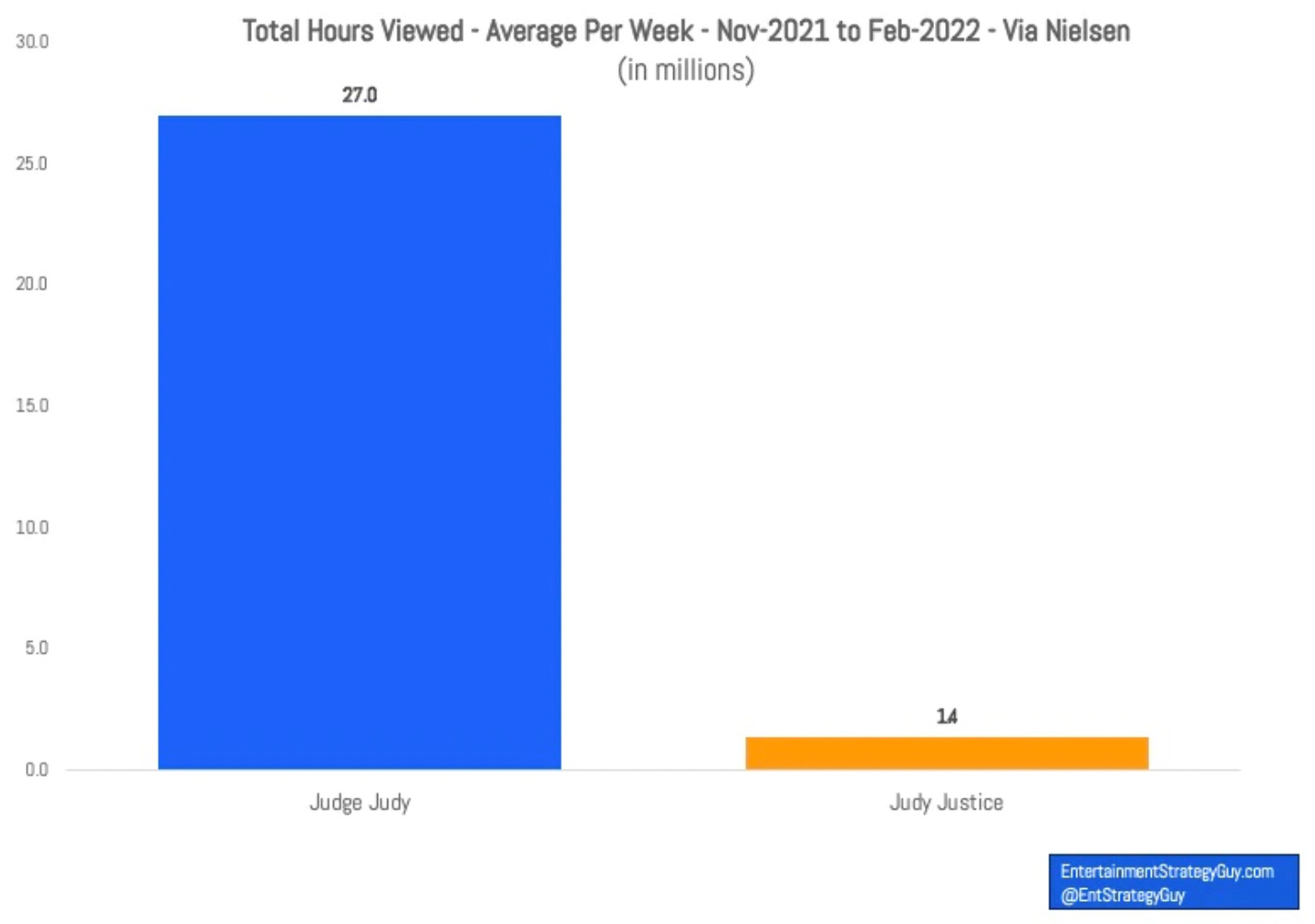Alex Jones Is an Even Bigger Piece of Shirt Than You Thought
Now he's abusing bankruptcy law.
Every week I highlight three newsletters that are worth your time.
If you find value in this project, do two things for me: (1) hit the Like button, and (2) share this with someone.
Most of what we do in Bulwark+ is only for our members, but this email will always be open to everyone. To get it each week, sign up for free here. (Just choose the free option at the bottom.)

1. Petition
I can’t be the only one who loves reading about distressed assets. But even if they’re not your bag, this Petition essay about Alex Jones filing for bankruptcy is . . . something:
On Sunday April 17, 2022, three companies (formerly) owned by Mr. Jones — InfoW LLC, IWHealth LLC and Prison Planet TV LLC (collectively, the “debtors”) — filed for chapter 11 bankruptcy under SubChapter V in the Southern District of Texas (Judge Lopez).* Each of these entities are holding companies for IP assets: they are NOT the entities that control the content that’s been spewed over the years on Mr. Jones’ devil’s spawn, InfoWars.
More specifically, InfoW owns copyrights/domains related to “Infowars.com.” IWHealth owns cash flow from royalties and/or an agreement from Youngevity, a company that sells vitamins and mineral supplements affiliated with Mr. Jones. And Prison Planet TV owns copyrights/domains related to prisonplanet.tv (lol). Infowars itself — “a conspiracy-oriented website and media company” (LOL — this is the debtors’ own language…you mean it’s not legit news? Color us shocked!) — is operated by non-debtor Free Speech Systems LLC (“FSS”). InfoW and Prison Planet TV license their IP and domain names to FSS but, according to the debtors, they have, as indicated above, no control over InfoWars’ content.
Alex Jones owns 100% of non-debtor FSS. He also owned (operative past tense) 100% of the equity of each of the three debtors but he conveniently assigned those equity interests before the bankruptcy filing to what’s been dubbed the “2022 Litigation Settlement Trust.”
In sum: Alex Jones can’t even file for bankruptcy like a responsible human being.
What Jones is doing here is shuffling his assets and liabilities—it’s called a “Texas Two-Step”—just like Johnson & Johnson did:
Perhaps the most famous example of a Texas Two Step Bankruptcy is the strategy employed by the pharmaceutical-and-consumer-products giant Johnson & Johnson. For the past several years, the company has been subjected to lawsuits in which claimants have alleged that some of its talcum-based baby powder products had contained asbestos, thereby contributing to incidents of cancer.
In June 2021, one such lawsuit resulted in the company being ordered by an appeals court in Missouri to pay $2.1 billion to the claimants. Later that year, the company used a divisive merger to create a new subsidiary called LTL Management LLC, transferring its talcum-related liabilities to that subsidiary along with a $2 billion trust intended to provide funding for any potential future claims against LTL.
Since the talcum-related liabilities are now held in the new subsidiary, claimants can theoretically no longer pursue the JNJ for damages, but are instead required to pursue LTL. Given that LTL’s $2 billion trust is significantly smaller than the total assets available to JNJ, this could effectively limit the maximum damages that future claimants could claim, thereby shielding JNJ from potentially unlimited liabilities.
No wonder people view bankruptcy law as the redoubt of villains and mountebanks.
Anyway, let’s get back to Alex Jones and Petition:
To understand the logic behind him filing for bankruptcy, one must understand that he’s been spending the last several years getting sued into oblivion . . .
Consequently, in the run-up to this bankruptcy filing, Mr. Jones allegedly has been performing all sorts of legal gymnastics in an effort to protect his net worth. . . .
The plaintiffs allege that starting in 2018 — when the relatives of the Sandy Hook victims began suing Jones and other employees of FSS in Texas and Connecticut for defamation and intentional infliction of emotional distress — to 2021, Jones personally drew $18mm from FSS in addition to his $600k+ annual salary — all taken while FSS operated at a net loss in the millions in each of those years. . . .
A damages case was set to go to trial in Texas next week. Connecticut is months out. And so this POS indicates that the bankruptcy case is meant to avoid a “classic race to the courthouse” that benefits Texas claimants to the detriment of Connecticut claimants.
In bankruptcy, as he is in life, Alex Jones is a terrible human being. There should be a special place in hell for him.
Bonus: Thank You Bulwark Family
Last week, Charlie interviewed chef Jose Andrés the founder and cheerleader in chief of World Central Kitchen (WCK). It’s an awesome interview—and amazing. The two of them talked literally as Andrés was driving to Mariupol in southern Ukraine.
Think about that for a minute: On a Friday night in spring, a celebrity chef turned philanthropist was driving towards a city under siege by the Russian Army to see for himself the need in a conflict zone. He was there to help feed those facing down evil at the front lines of the fight for democracy. It’s remarkable and valiant and thank God there are people like Andrés stepping up and making it happen.
The Bulwark threw together a fundraiser in support of Word Central Kitchen’s work and we’ve been pushing it all week.
And thanks to you guys, we’ve raised over $130,000 so far. It’s amazing and I’m so proud of our community for chipping in. You can keep this effort going by donating here or even just by spreading the word to your networks about World Central Kitchen and this fundraiser.
2. Matthew Belloni
I’ve been bearish on Netflix for . . . forever, basically. For the better part of a decade I watched Hollywood surrender to The Service over and over, never understanding why the stock market thought this company was destined to take over the world when its weaknesses were so obvious.1
Well, that’s all over now: Since November, NFLX is down over 60 percent. Here’s Matthew Belloni:
“It’s an orgasm of Schadenfreude.” That’s how a veteran producer described to me the feeling around town this week. Hollywood people revel in failures—in a business where nobody knows anything, everyone knows they’re better than the guy who just flopped—but this is different. A Netflix Nosedive, The Great Netflix Correction, a “bitch,” as co-C.E.O. Reed Hastings described the situation at a town hall yesterday, I’m told.
I care about Netflix because I care about movies. But also because Netflix was another example of a market distortion created by the market itself:
The $17 billion in annual content spend, the firehose creative strategy, the soul-crushing culture, the entire philosophy of business—Wall Street made that happen. Wall Street identified Netflix as the key disruptor, the first major mover in subscription streaming. And Wall Street lavished on Netflix a rocketing share price that enabled it to load up on debt and spend without consequence. That allowed Hastings and Sarandos not just to shoot for total domination, but also to dictate strategy to the entire industry, to change decades-old business practices, to muscle Netflix into the M.P.A., to collect huge personal salaries and write the management-advice book and go ahead and buy the Montecito property.
Netflix is only crashing now because it never should have been run up in the first place. . . .
The public markets have always been an insidious force in the creative industries, the cause of so many short-term decisions and long-term problems: AOL-Time Warner, Universal-Vivendi, Viacom under the corporate looter Philippe Dauman, even what’s going on right now between Twitter and Elon Musk. Yes, Netflix encouraged the narrative that scale in streaming would lead to a Shangri-La of 1 billion people all paying $15 a month to watch The Rock plug his tequila in Red Notice. But only Wall Street made that narrative real. And then everyone else chased it.
3. The Ankler
While we’re talking about Hollywood and market failures, let’s check in on Judge Judy.
Over at the Ankler, the Entertainment Strategy Guy looks at what happened with Judge Judy left syndicated TV for the internet.
You didn’t know that Judge Judy left syndicated TV? Oh yes. You’ve been watching stealthily-recut reruns:
Judith Sheindlin left CBS to make Judy Justice for IMDb TV in 2021. (For quite a pretty penny too. Amazon is paying her an estimated $25 million for 120 episodes.) CBS is recutting old episodes, essentially airing reruns. (They also paid Sheindlin handsomely, forking over $97 million for the rights to her old episodes.)
How are these stealth-reruns doing on CBS? Pretty well! The ESG drilled down on the numbers and found an average of 7.3 million viewers per minute for Judge Judy. But over on IMDb TV, Amazon is bragging that “Justice Judy” has streamed 25 million hours. That sounds really good!
Here’s what it means in reality:
Very few people are watching the new “Justice Judy.” Lots and lots of people continue to watch Judge Judy reruns. And Amazon paid $25 million for this clusterfork.
Read the whole thing and subscribe.
The lesson here is the same as with Netflix: Large parts of the world around us are shaped by market forces which aren’t even rational by economic standards.
Yay, capitalism.
If you find this newsletter valuable, please hit the like button and share it with a friend. And if you want to get the Newsletter of Newsletters every week, sign up below. It’s free.
But if you’d like to get everything from Bulwark+ and be part of the conversation, too, you can do the paid version.
In large part my thinking on Netflix was shaped by Richard Rushfield, who has been the single best chronicler of this era of Hollywood.






And yet ordinary folks can’t discharge their student loans in bankruptcy. And no, they’re not all just kids who went to fancy schools and got degrees in art history; a lot of the times, they were people who were told by folks in certain circles (cough, cough) that if you want to do better than minimum wage, go educate yourself and get a better job!
JVL is a modern prophet, giving us a 21st century sermon on Greed-is-Evil. I for one enjoy attending his church.